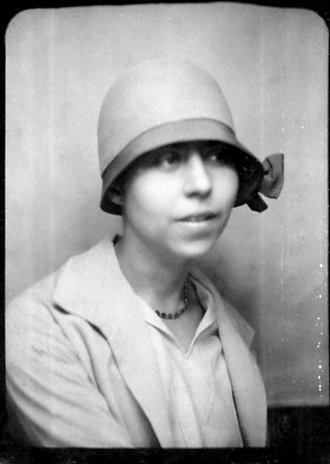book review: irene nemirovsky, suite française

I’ll be absolutely (and potentially incriminatingly) honest: I didn’t think Anne Frank’s Diary of a Young Girl was particularly well written and neither did I think it insightful. Before I get unduly accused of anti-Semitism I would like to clarify that this is solely a literary assessment.
I do, however, adore Irene Nemirovsky’s Suite Française. Unlike Anne Frank’s text, Suite Française is not a diary. It is an unfinished manuscript consisting of two novellas (out of a five-part sequence) which when combined produce a harmonious and complete story.
I was so delighted with this book that I bought and read the novel that introduced her to critical acclaim immediately after, ‘David Golder’.
Nemirovsky, a Russian Jew who immigrated to France with her mother during World War I, wrote the novel whilst trying to evade capture in World War II. She entrusted her manuscripts to her daughters who were sent to live with their domestics in Burgundy and who both survived her. She later died in Auschwitz after being gassed by the Nazis (things like this make me want to watch Tarantino’s Inglourious Basterds over and over again.)
The book is set in a recently defeated and German-occupied France. It opens in the middle of the night with the first air raid in Paris. Some people were panicking, others were poignantly nonchalant (‘All the same… it just takes one…’). Nemirovsky captures the ambiance of the time beautifully – achieved perhaps through a combination of consummate skill and through experiencing the events firsthand. To borrow from an Evening Standard review: she was sly in her emotional restraint. This, I think, made the pathos of the novel all the more authentic.

The story revolves around no one person in particular but rather, on the multitude of stories happening to France at the time. It’s like binge storytelling although I believe the correct term is ‘story arc’. Eventually the characters’ lives interweave.
The book’s focus is not so much on the politics of war as on the lives of the ordinary citizens of France – and even the German conquerors (or ‘Les Boches’ as they are derogatorily named at certain parts in the book) as affected by the event. I was surprised to see that she even depicted the Germans as human beings with feelings but without imagination enough to question exactly what they are doing (but isn’t that the same for everybody?). I thought she would have been more ruthless in that regard – not that it disappoints me.
Perhaps the most interesting thing about Suite Française is that it was published half a century after its author’s death. The daughter who kept the manuscript, thinking that it was a diary, had not dared to read its painful contents until fifty years later. This reminds me of other Jewish writers and diarists of the time period who did not survive to see their works published. Thankfully however, the gas chamber did not obliterate their legacy.
By Meryl Perez
Image credit: Photo of Irene Nemirovsky.


c’était merveilleuse !
Mais je n’assume rien en disant qu’il n’y a plus des mots si correct qui puissent exprimer le sentiment parue comme l’oblitération de leur histoire.